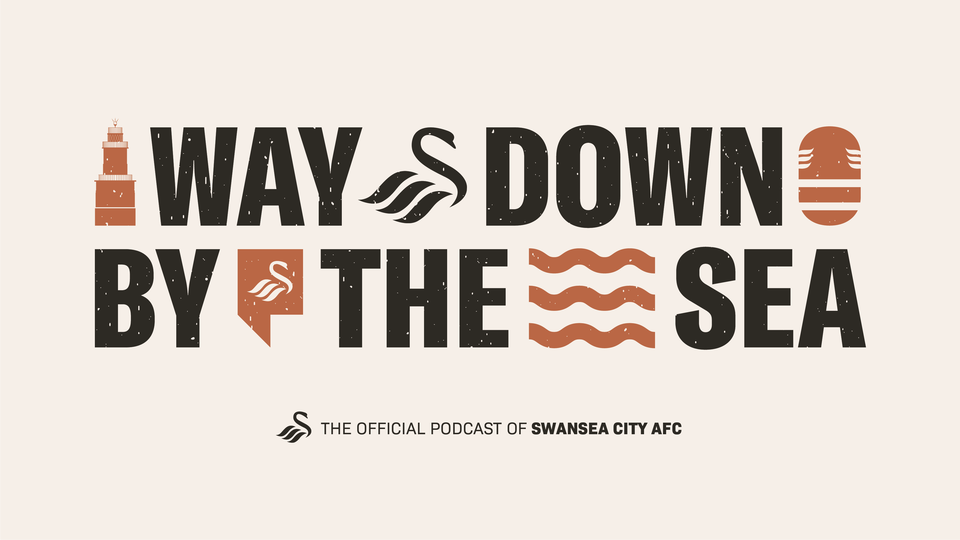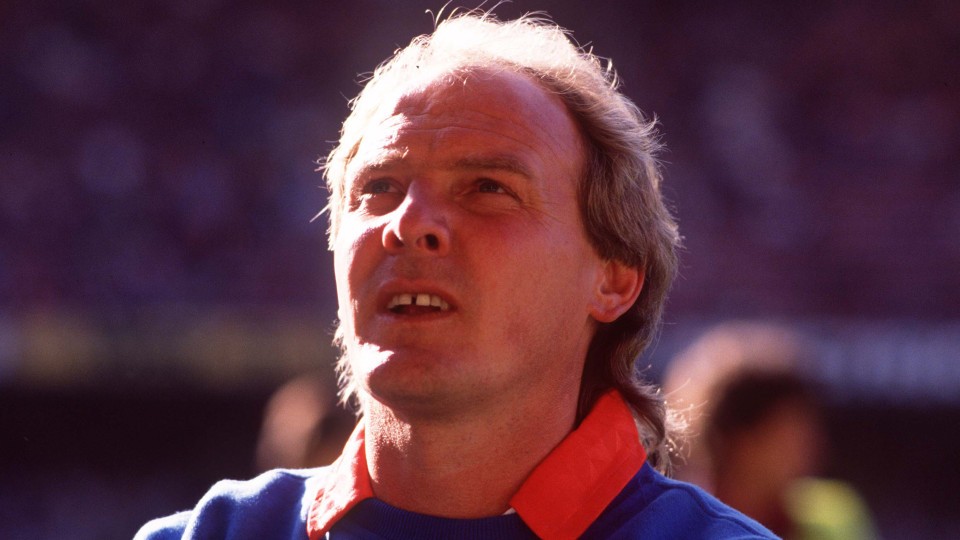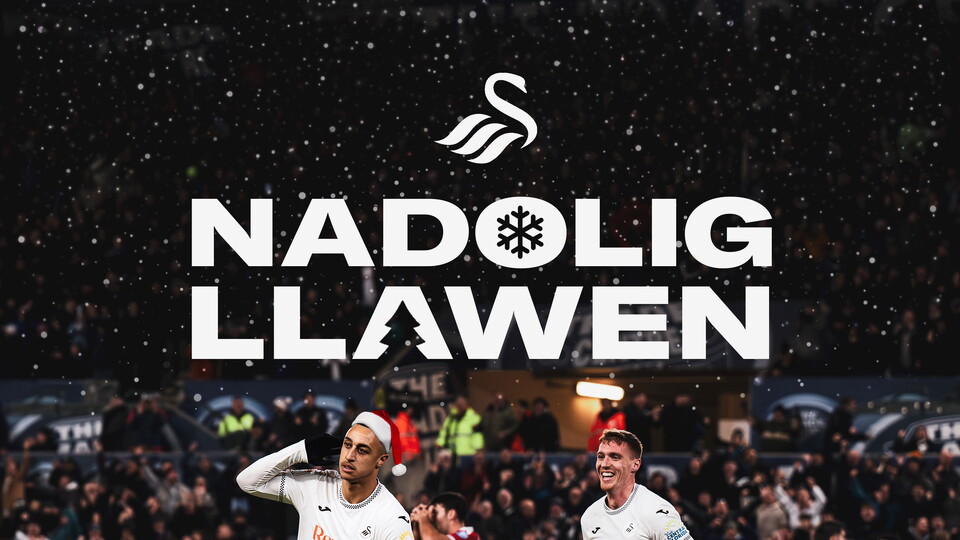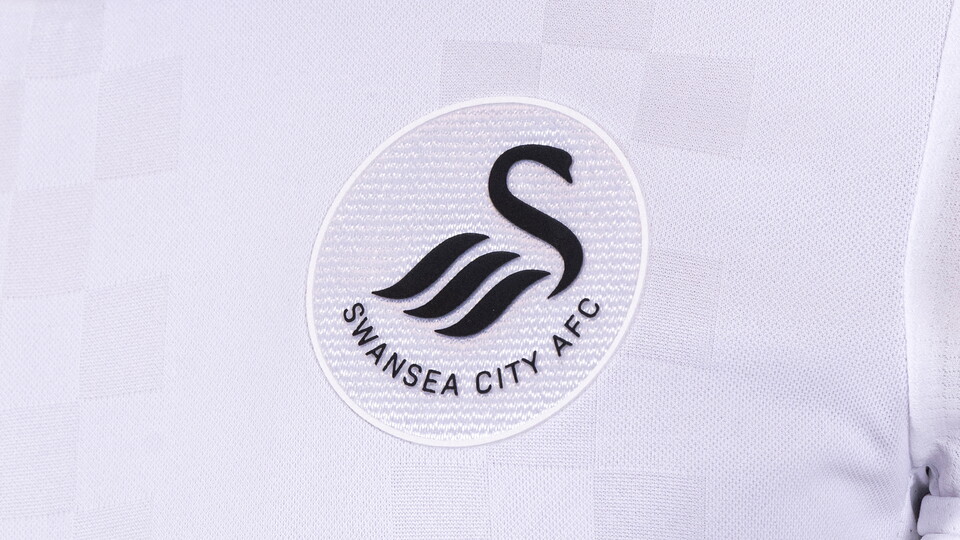When science goes right
Tue, 10/25/2016 - 08:00
Jonny Northeast, the head of sports science at Swansea City, explains how GPS tracking, sweat tests and almond milk help the club's players cope with the challenges of an ever more demanding Premier League.
Ever wondered how much your favourite Swansea City player sweats during a game?
No? Understandable.
But there are people at the football club whose job it is to find out.
"We do sweat tests on all the boys," explains Jonny Northeast, the Swans' head of sports science.
"We like to know exactly how much they sweat during a game so we can individualise the drinks they have at half-time.
"That means we can replace the salt content they have lost."
Such are the precise details which the Swans try to get right as they pursue results each weekend.
This is how it is in the Premier League, where every club is striving to give their players the best chance of winning games.
Northeast, a graduate of Cardiff Metropolitan University who began working with the Swans during their last season at Championship level, says statistics prove that it is getting harder and harder to thrive in the top division.
"In the last six or seven years, the Premier League has changed massively in terms of intensity," he says.
"Sprint distances, for example, have gone up by around 30 per cent - and in some cases as much as 85 per cent - compared to six or seven years ago.
"We have to make sure the players can deal with those increased demands."
A crucial tool in the work of the Swans' sports science team is the GPS system which tracks the movements of every player, every day.
Whenever any one of Bob Bradley's men sets foot on the training ground - or on the pitch come matchday - their every step can be recorded courtesy of a chip which is worn in a vest or, during games, in a pocket at the back of the Swans shirt.
"We monitor every movement they make, whether that's during a game or in training," Northeast says.
"That means we know exactly what distance the players cover. We try to replicate the outputs we see in a game during the week at some stage.
"We work on worst-case scenarios. If they are doing a 30-metre sprint in a game, we will make sure they do a 40-metre sprint in training.
"We know exactly what they have to deal with on a matchday and what levels they hit.
"If we do that - and a little more - in training during the week, we know they are ready to deal with the demands of the game."
The Swans have been using the GPS system for five years. Before that, they assessed what work the players were doing through heart-rate monitors alone.
"The GPS does not come cheap, but it's a big part of what we do," Northeast adds.
"We like to make sure we get the basics done right and this is a key part of that - knowing exactly what the players are doing, how we can make sure they recover from that and then perform on the weekend."
These days every Premier League club is using GPS to provide information on what their players are doing each time the boots go on.
According to Northeast, some managers are more interested in the numbers sports scientists come up with than others.
For his part, new Swans boss Bradley stated at his unveiling how impressed he was with the club's attention to detail behind the scenes.
It seems the American will take note of anything which might help his team climb the league table.
"Sports science is a broad spectrum of things," says Northeast, who also works with Wales's under-19s.
"As well as what the players do on the pitch, it's about their lifestyles.
"We oversee the whole lot, with the main aim being to try to reduce injuries by making the players as robust and as flexible as possible.
"We try to get players in the best shape they can be while also educating them and the staff about what's appropriate in terms of lifestyle and training.
"We try not to tread on the coaches' toes, but we might offer some guidance."
The average day for Northeast starts with the making of protein shakes - made up of protein powder, fruit and almond milk - which, just like the half-time drinks, are made specifically for each individual.
Players' hydration is also on the agenda before a daily meeting with the Swans' medical staff where each player's training needs are discussed.
Then comes work with players in the gym prior to a warm-up on the pitch, before focus switches to recovery straight after training.
The aim of every day's work is to try to ensure players are in peak condition come kick-off time at the weekend, and no stone is left unturned in pursuit of that target.
"On a matchday, especially for an evening game, we will do priming work," Northeast explains.
"If the game is in the evening, we will usually have a session around six hours before kick-off.
"That will be a bike session or an upper-body weights session aimed at trying to increase testosterone levels for the game, because they naturally decrease through the day and we are trying to offset that.
"Hydration is another big thing on matchday - we have to ensure the players are fuelled and ready to go when the game comes.
"Half-time is about refuelling, then after the game the players will have recovery shakes and ice baths and wear compression garments.
"As soon as one game ends, we are thinking about the next one."
And if the team get a result? Champagne remains corked - this is sports science after all - but there will be some satisfaction.
"The best part of this job is seeing your work help us get a win at the weekend," Northeast says.
"I think any member of staff at the club would tell you the same."
This article first appeared in the Watford edition of our Jack Magazine programme, which can be purchased onlineHERE



